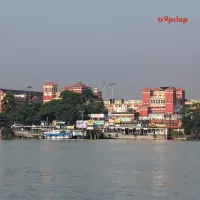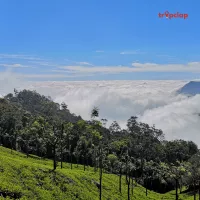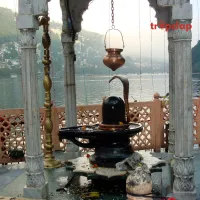Jallianwala Bagh Massacre: A Tragic Chapter in India's History
Introduction:
The Jallianwala Bagh massacre, also known as the Amritsar massacre, remains one of the darkest and most tragic events in India& - Tripclap
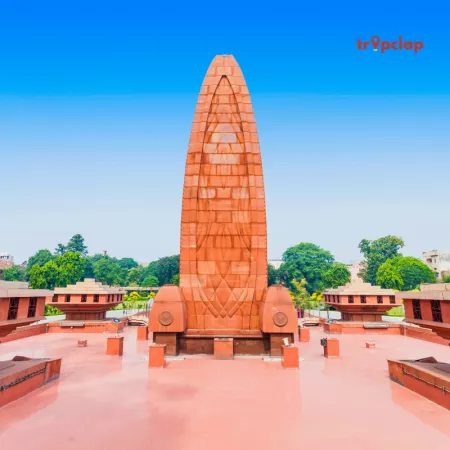
Introduction:
The Jallianwala Bagh massacre, also known as the Amritsar massacre, remains one of the darkest and most tragic events in India's history. It took place on April 13, 1919, in the city of Amritsar, Punjab, during the British colonial rule. This brutal incident, marked by indiscriminate firing on unarmed civilians, left a lasting scar on the nation's collective memory and played a significant role in the Indian independence movement.
Background:
During the early 20th century, India was under British colonial rule, and the people were demanding freedom from oppressive policies and laws. In response to growing dissent, the British government introduced the Rowlatt Act in 1919, granting sweeping powers to arrest and detain individuals without trial. This act triggered widespread protests across the country.
The Massacre:
Amritsar, a city with a significant Sikh population, became a hotbed of dissent against the Rowlatt Act. On April 13, 1919, thousands of men, women, and children gathered at Jallianwala Bagh, a public garden, to peacefully protest against the act and voice their grievances. Unbeknownst to them, Brigadier General Reginald Dyer, the British officer in charge, had arrived with a contingent of fifty soldiers to suppress the protest.
Without any warning or order to disperse, Dyer ordered his troops to open fire on the unarmed crowd, blocking the only exit with their line of fire. The firing continued for approximately ten minutes, resulting in a horrifying display of violence and bloodshed. The exact number of casualties remains disputed, but it is estimated that over 1,000 innocent lives were lost, with many more injured.
Aftermath and Impact:
The Jallianwala Bagh massacre sent shockwaves throughout India and the world, leading to widespread condemnation of British rule. The indiscriminate killing of peaceful protesters ignited anger, grief, and a deep sense of injustice among Indians. This tragic incident further fueled the Indian independence movement, strengthening the resolve of freedom fighters and galvanizing public support.
The brutality of the Jallianwala Bagh massacre deeply impacted the course of India's struggle for independence. It led to a surge in nationalist sentiment, drawing more Indians into the fight against colonial rule. The incident also prompted Mahatma Gandhi, the leader of the Indian National Congress, to adopt nonviolent resistance as a means to achieve independence.
Official Response and Legacy: Following the massacre, a formal inquiry, the Hunter Commission, was initiated by the British government. Brigadier General Dyer was relieved of duty but faced no significant legal consequences for his actions. The incident, however, further eroded the credibility of British rule in India.
Today, Jallianwala Bagh has been transformed into a memorial and serves as a somber reminder of the sacrifice and struggle for freedom. The site, with its preserved bullet marks and well, stands as a testament to the resilience of the Indian people and their relentless pursuit of justice and liberty.
Conclusion:
The Jallianwala Bagh massacre remains a dark chapter in India's history, etched in the collective memory of the nation. This brutal act of violence inflicted upon unarmed civilians shook the foundations of British rule and became a catalyst for the Indian independence movement. It serves as a poignant reminder of the sacrifices made by countless individuals in the pursuit of freedom and justice.
Per Person
15,700
*EXCLUDING APPLICABLE TAXES 4.3 Ratings
( 389 Reviews )
( 389 Reviews )
Per Person
22,499
*EXCLUDING APPLICABLE TAXES 4.8 Ratings
( 95 Reviews )
( 95 Reviews )
Per Person
28,500
*EXCLUDING APPLICABLE TAXES 5.0 Ratings
( 21 Reviews )
( 21 Reviews )
Per Person
9,990
*EXCLUDING APPLICABLE TAXES 4.1 Ratings
( 56 Reviews )
( 56 Reviews )
Per Person
18,500
*EXCLUDING APPLICABLE TAXES 4.3 Ratings
( 389 Reviews )
( 389 Reviews )
Per Person
15,225
*EXCLUDING APPLICABLE TAXES 4.9 Ratings
( 200 Reviews )
( 200 Reviews )
Per Person
7,799
*EXCLUDING APPLICABLE TAXES 5.0 Ratings
( 26 Reviews )
( 26 Reviews )
Per Person
15,999
*EXCLUDING APPLICABLE TAXES 4.3 Ratings
( 218 Reviews )
( 218 Reviews )
Per Person
22,500
*EXCLUDING APPLICABLE TAXES 4.9 Ratings
( 200 Reviews )
( 200 Reviews )
Per Person
22,500
*EXCLUDING APPLICABLE TAXES Places to visit near Jalianwala bagh
There are several noteworthy places to visit near Jallianwala Bagh in Amritsar. Here are a few recommendations:
Golden Temple (Harmandir Sahib)
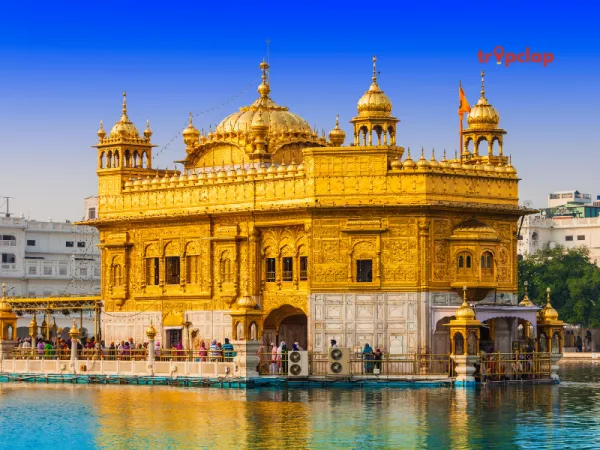 View Gallery - 7
View Gallery - 7 The iconic Golden Temple, the holiest shrine of Sikhism, is located just a short distance from Jallianwala Bagh. This magnificent gurdwara is known for its golden exterior, serene Sarovar (holy pool), and the spiritual ambience it offers. Visitors can witness the daily rituals, partake in the community kitchen (Langar), and experience the tranquility of the place.
Places to visit in Amritsar
Per Person
15,700
*EXCLUDING APPLICABLE TAXES 4.3 Ratings
( 389 Reviews )
( 389 Reviews )
Per Person
22,499
*EXCLUDING APPLICABLE TAXES 4.8 Ratings
( 95 Reviews )
( 95 Reviews )
Per Person
28,500
*EXCLUDING APPLICABLE TAXES 5.0 Ratings
( 21 Reviews )
( 21 Reviews )
Per Person
9,990
*EXCLUDING APPLICABLE TAXES 4.1 Ratings
( 56 Reviews )
( 56 Reviews )
Per Person
18,500
*EXCLUDING APPLICABLE TAXES 4.3 Ratings
( 389 Reviews )
( 389 Reviews )
Per Person
15,225
*EXCLUDING APPLICABLE TAXES 4.9 Ratings
( 200 Reviews )
( 200 Reviews )
Per Person
7,799
*EXCLUDING APPLICABLE TAXES 5.0 Ratings
( 26 Reviews )
( 26 Reviews )
Per Person
15,999
*EXCLUDING APPLICABLE TAXES 4.3 Ratings
( 218 Reviews )
( 218 Reviews )
Per Person
22,500
*EXCLUDING APPLICABLE TAXES 4.9 Ratings
( 200 Reviews )
( 200 Reviews )
Per Person
22,500
*EXCLUDING APPLICABLE TAXES Wagah Border
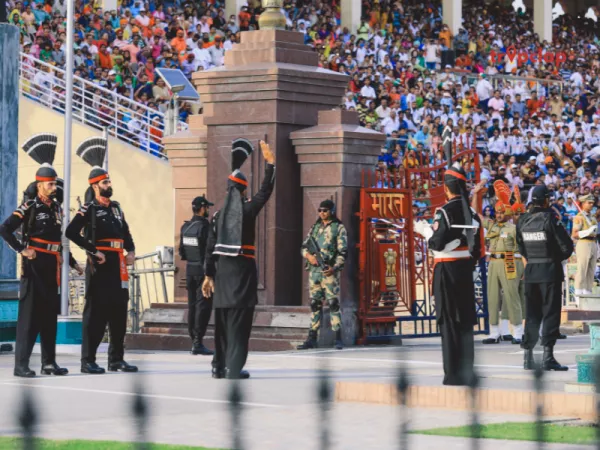 View Gallery - 7
View Gallery - 7 Located approximately 30 kilometers from Jallianwala Bagh, the Wagah Border is a popular tourist destination. It marks the border between India and Pakistan and is renowned for the ceremonial closing of the gates that takes place every evening. The elaborate parade, known as the Wagah Border Ceremony, features synchronized marching, flag lowering, and an intense display of patriotism from both sides.
Places to visit in Punjab
Per Person
15,700
*EXCLUDING APPLICABLE TAXES 4.3 Ratings
( 389 Reviews )
( 389 Reviews )
Per Person
22,499
*EXCLUDING APPLICABLE TAXES 4.8 Ratings
( 95 Reviews )
( 95 Reviews )
Per Person
28,500
*EXCLUDING APPLICABLE TAXES 5.0 Ratings
( 21 Reviews )
( 21 Reviews )
Per Person
9,990
*EXCLUDING APPLICABLE TAXES 4.1 Ratings
( 56 Reviews )
( 56 Reviews )
Per Person
18,500
*EXCLUDING APPLICABLE TAXES 4.3 Ratings
( 389 Reviews )
( 389 Reviews )
Per Person
15,225
*EXCLUDING APPLICABLE TAXES 4.9 Ratings
( 200 Reviews )
( 200 Reviews )
Per Person
7,799
*EXCLUDING APPLICABLE TAXES 5.0 Ratings
( 26 Reviews )
( 26 Reviews )
Per Person
15,999
*EXCLUDING APPLICABLE TAXES 4.3 Ratings
( 218 Reviews )
( 218 Reviews )
Per Person
22,500
*EXCLUDING APPLICABLE TAXES 4.9 Ratings
( 200 Reviews )
( 200 Reviews )
Per Person
22,500
*EXCLUDING APPLICABLE TAXES Durgiana Temple
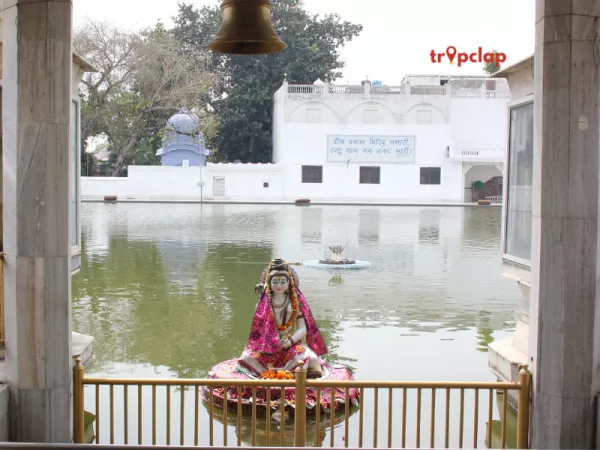 View Gallery - 7
View Gallery - 7 Situated near the Lohgarh Gate in Amritsar, the Durgiana Temple is dedicated to Goddess Durga. This beautifully crafted temple, resembling the famous Golden Temple, attracts devotees and tourists alike. Its serene ambiance and intricate architecture make it a peaceful spot for spiritual seekers.
Maharaja Ranjit Singh Museum
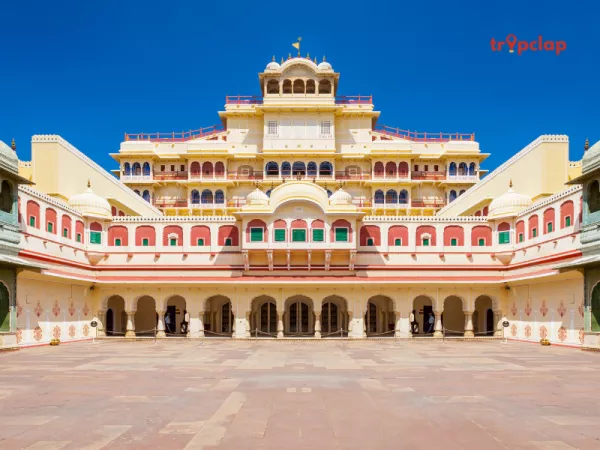 View Gallery - 7
View Gallery - 7 Located within the Ram Bagh Gardens, the Maharaja Ranjit Singh Museum pays homage to the legendary Sikh ruler, Maharaja Ranjit Singh. The museum houses a vast collection of artifacts, including weapons, coins, paintings, and manuscripts, offering insights into the life and times of the Maharaja.
Gobindgarh Fort
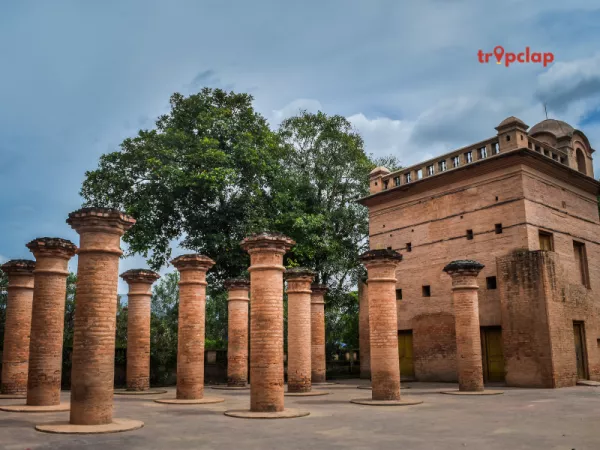 View Gallery - 7
View Gallery - 7 Situated around 2 kilometers from Jallianwala Bagh, Gobindgarh Fort is a historic fort that dates back to the 18th century. Once a strategic defense structure, it has been transformed into a vibrant cultural and entertainment hub. Visitors can explore the fort's various sections, including museums, galleries, and a live performance area, which showcases the rich heritage of Punjab.
Ram Tirath Temple:
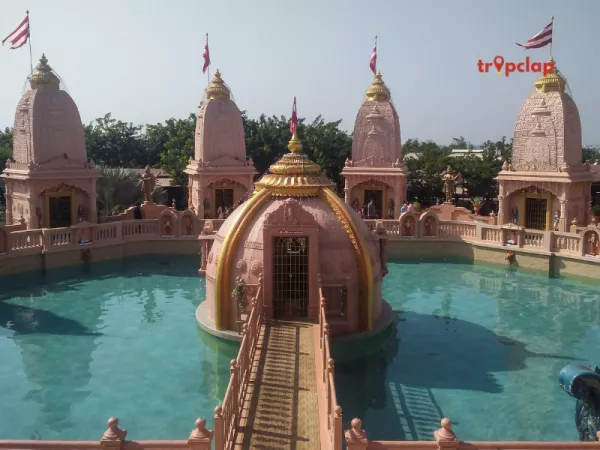 View Gallery - 7
View Gallery - 7 Located around 11 kilometers from Jallianwala Bagh, the Ram Tirath Temple holds immense religious significance. It is believed to be the birthplace of Lav and Kush, the twin sons of Lord Rama. The temple complex features a sacred tank, ancient temples, and a shrine dedicated to Valmiki, the author of the epic Ramayana.
These are just a few of the many attractions near Jallianwala Bagh in Amritsar. Each destination offers a unique cultural, historical, or spiritual experience, contributing to a memorable visit to this historically rich city.

Debalina Deb Roy
A seasoned travel writer with a passion for exploring off beat destinations and uncovering the hidden gems. My ultimate goal is to inspire people to step out of their comfort zones and explore the world.
Explore best popularTour Packages
Tripclap connects you with top travel agents
Compare Custom Quotes and get the best package deal
1
Trusted Network Of 8000+ Agents.
2
Book everything together, including stay & transport.
3
Compare agent profiles & verified reviews.
How It Works
Compare Custom Quotes from Top Travel Agents.

Tell us about your trip

Get Custom quotes from top agents.

Choose the package you like
Latest Destinations : -
• Varkala • Venice • Kyoto • Vythiri • Sabarimala • Bhamragarh Wildlife Sanctuary • Tadoba National Park • Jawhar • Auroville • Genting Highlands • Coonoor • Bhubaneswar • Split • Kumta • Nagarjunsagar • Kolasib • Yercaud • Naukuchiatal • Anthargange • Raichak • Zuluk • Nilambur • Hanoi • Yupia • Vagamon • Phnom Penh • Mashobra • Pattaya • Baghmara • Davanagere • Kullu • Hulhumale • Bumthang Valley • Oslo • Pulga • Chail • Nawalgarh • Munich • Berhampur • Sibu • Chandannagar • Ben Tre • Bikaner • Kolli Hills • Tel Aviv • Cameron Highlands • Lonar • Johor Bahru • Malda • Kashid
• Varkala • Venice • Kyoto • Vythiri • Sabarimala • Bhamragarh Wildlife Sanctuary • Tadoba National Park • Jawhar • Auroville • Genting Highlands • Coonoor • Bhubaneswar • Split • Kumta • Nagarjunsagar • Kolasib • Yercaud • Naukuchiatal • Anthargange • Raichak • Zuluk • Nilambur • Hanoi • Yupia • Vagamon • Phnom Penh • Mashobra • Pattaya • Baghmara • Davanagere • Kullu • Hulhumale • Bumthang Valley • Oslo • Pulga • Chail • Nawalgarh • Munich • Berhampur • Sibu • Chandannagar • Ben Tre • Bikaner • Kolli Hills • Tel Aviv • Cameron Highlands • Lonar • Johor Bahru • Malda • Kashid
Best Selling Domestic Tour Packages : -
Kashmir Tour Packages Andaman Tour Packages Kerala Tour Packages Shimla Tour Packages Manali Tour Packages Sikkim Tour Packages Uttarakhand Tour Packages Rajasthan Tour Packages Chardham Tour Packages Gujarat Tour Packages Rameswaram Tour Packages Gangtok Tour Packages Goa Tour Packages Jaipur Tour Packages Ooty Tour Packages Jim Corbett Tour Packages Mussoorie Tour Packages Kanyakumari Tour Packages Meghalaya Tour Packages Ladakh Tour Packages
Kashmir Tour Packages Andaman Tour Packages Kerala Tour Packages Shimla Tour Packages Manali Tour Packages Sikkim Tour Packages Uttarakhand Tour Packages Rajasthan Tour Packages Chardham Tour Packages Gujarat Tour Packages Rameswaram Tour Packages Gangtok Tour Packages Goa Tour Packages Jaipur Tour Packages Ooty Tour Packages Jim Corbett Tour Packages Mussoorie Tour Packages Kanyakumari Tour Packages Meghalaya Tour Packages Ladakh Tour Packages
Best Selling International Tour Packages : -
Dubai Tour Packages Bali Tour Packages Singapore Tour Packages Thailand Tour Packages Maldives Tour Packages Bhutan Tour Packages Vietnam Tour Packages Mauritius Tour Packages Nepal Tour Packages Europe Tour Packages Sri lanka Tour Packages Turkey Tour Packages Malaysia Tour Packages Azerbaijan Tour Packages
Dubai Tour Packages Bali Tour Packages Singapore Tour Packages Thailand Tour Packages Maldives Tour Packages Bhutan Tour Packages Vietnam Tour Packages Mauritius Tour Packages Nepal Tour Packages Europe Tour Packages Sri lanka Tour Packages Turkey Tour Packages Malaysia Tour Packages Azerbaijan Tour Packages
Certified
We accept (more)
Members of
Media Recognition
Trusted Partners
Award
Copyrights © TripClap. All Rights Reserved


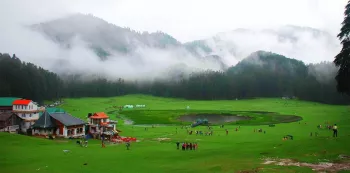


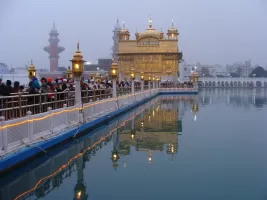
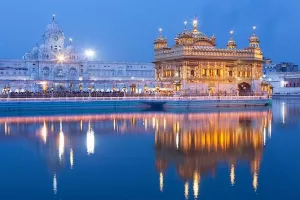
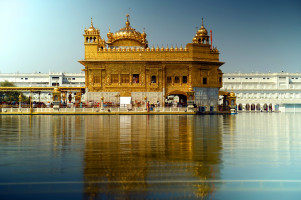
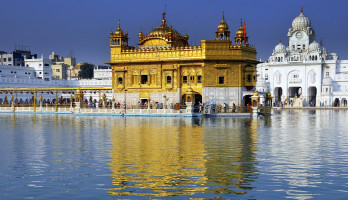
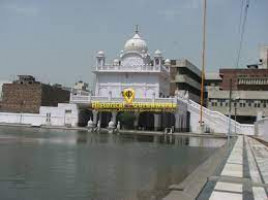
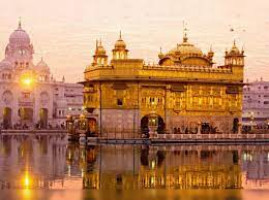
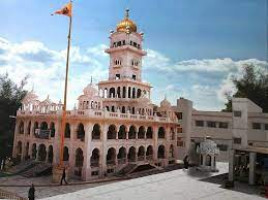
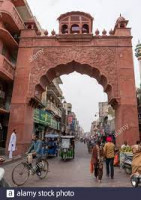
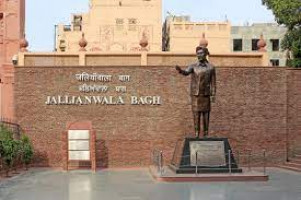
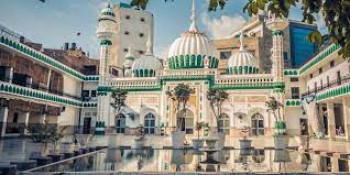
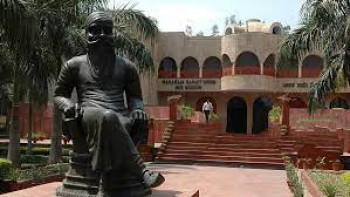
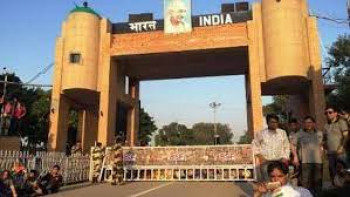
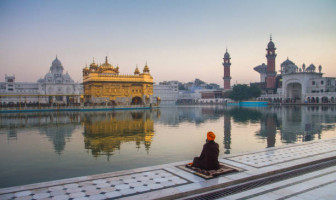
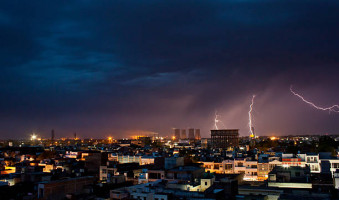
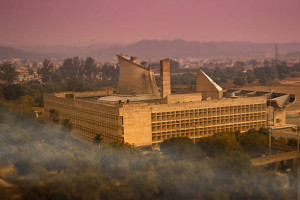
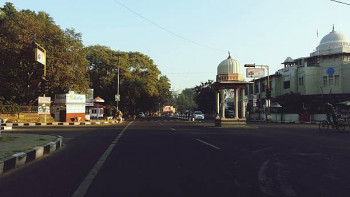
 May
May June
June July
July August
August September
September October
October November
November December
December January
January February
February March
March April
April



